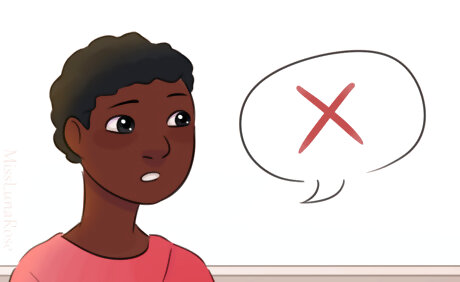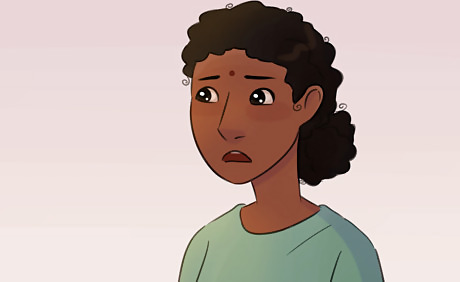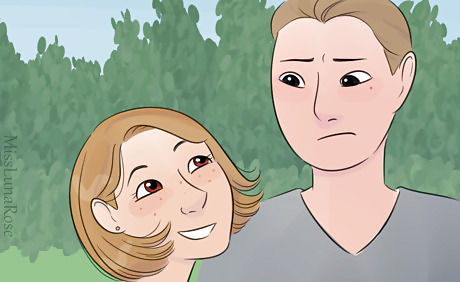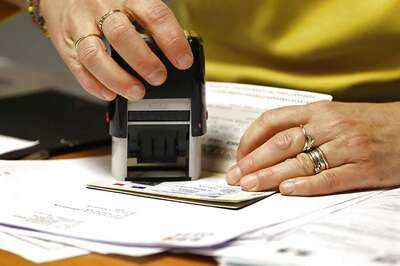
views

Recognize that disapproval, not logic, is your best tool here. If you give them a logical argument, then they'll start trying to look for holes in your argument and suck you into a debate. If you show them disapproval, however, it's hard for them to argue without looking like a jerk.

Only speak up if it is safe for you to do so. For example, if your homophobic parents could kick you out for disagreeing with them, it's safer for you not to reply to their comments. You can frown, cringe, or leave the room (if you think you can get away with leaving). But speaking aloud may make them pick a fight, so it's better to stay silent if you're unsafe.

Ask or tell them to knock it off. Anti-gay and anti-LGBT+ comments are unacceptable behavior, and you can treat them accordingly. Calmly and firmly let them know they have crossed a line. Here are some options: "We don't talk that way around here." "You need to stop." "That's enough." "Not cool, man." "Really?" "Did someone tell you it was okay to say things like that?"

Consider mentioning your personal connection to LGBT+ identity, if you so choose. When the person realizes that real human beings are involved, they may think twice about speaking carelessly. "My sister is a lesbian. She's one of the kindest, most virtuous people I know." "You know I'm bisexual, right?" "My son is gay, and I don't appreciate you talking about him and his friends that way." "My best friend is trans and he is the most wholesome person I know."

Give the person a chance to backtrack and apologize. Once it's been pointed out that their remark was inappropriate, they may get flustered and they may say they're sorry. Expect them to fumble over their words. Accept their discomfort, and allow the conversation to move on. Assume that they've learned from their mistake.

Continue your disapproval to someone who defensively claims they were "just joking." This is a common excuse used by people when they test the waters to see if you'll allow their homophobia. So send a clear signal that you won't. You can do so gently or firmly, depending on the situation and what you feel is best. "And what was your intent with this joke?" "Would you still be calling it a joke if I had agreed with you?" "But you weren't joking, were you?" "Am I supposed to think that's funny?" "That's no excuse." "Jokes are supposed to be funny, not rude." "Bullying as a joke is still bullying." "If that's your best joke, you must be really desperate for material." "Homophobic jokes can send a message about what type of person you are. Is this the message you want to send?"

Show cold disapproval to a repeat offender. If the person doubles down, or refuses to learn from their mistakes, make it clear to them just how awkward they've made the situation. Give them a chilly stare, and say something to briefly let them know that they've crossed a line. "No." "Wow, okay then." "Seriously?" "Really?"

Walk away from a hater. If the person starts going on a diatribe and refusing to care about how unacceptable their behavior is, don't argue. (In some cases, they might be attention-seeking, so don't give them attention.) Walk away. You may choose to end it with a comment like this: "Your behavior is making me reconsider our friendship." "I'm not interested." "If you're going to continue behaving this way, I'm going to leave." "Obviously we can't have a productive conversation. I'll see you later." "Dad, if this is what happens when I visit you, then I'm going to start rethinking how often I stop by. Especially because I don't want my daughter hearing this." "Goodbye."




















Comments
0 comment